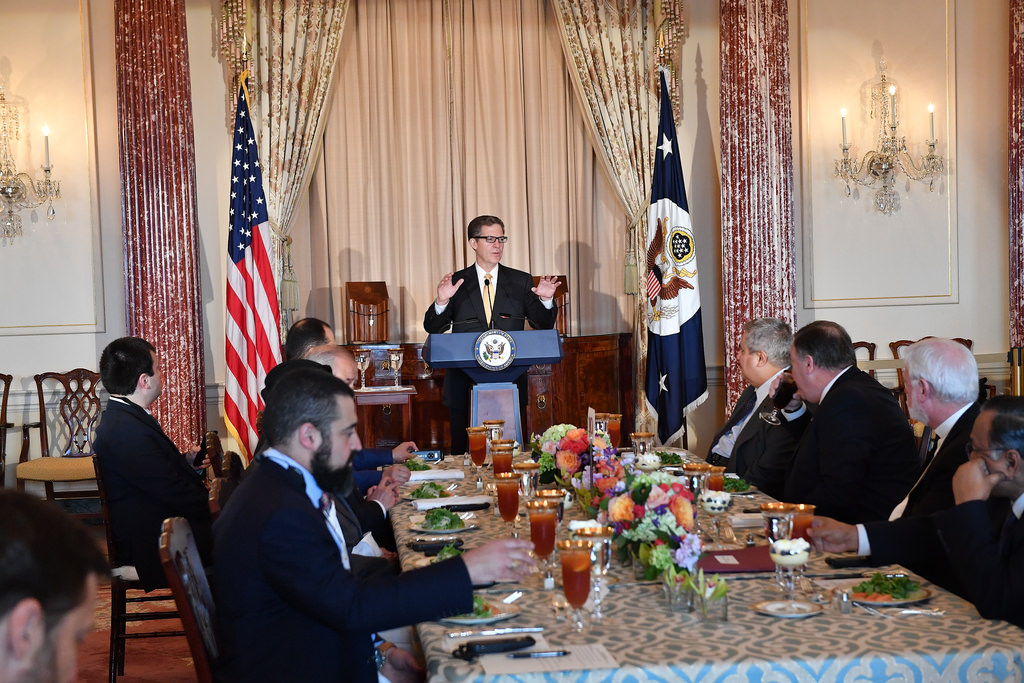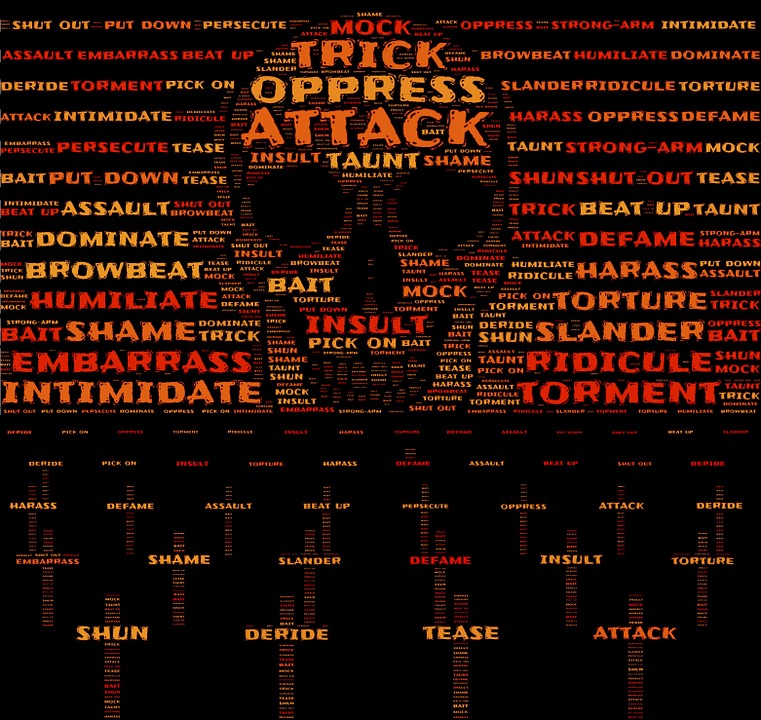Corruption is an issue largely off the radar screens of many IR scholars. How can they better theorize corruption’s pervasiveness in international politics, while avoiding the biases of past approaches?


Corruption is an issue largely off the radar screens of many IR scholars. How can they better theorize corruption’s pervasiveness in international politics, while avoiding the biases of past approaches?

This is a guest post from Elsy Gonzalez, a PhD candidate from the University of Chicago in the Department of Political Science. Last Wednesday, January 23, President Trump recognized Venezuelan...

There was some interesting/concerning information hidden at the end of the New York Times coverage of Secretary of State Pompeo’s Cairo speech. After criticizing Obama’s foreign policy and calling...

The NY Knicks will be travelling to London in a few weeks for a game against the Washington Wizards. But center Enes Kanter has announced he won't be joining them. Kanter, who is Turkish and a...

A common argument made in favor of the use of robotics to deliver (lethal) force is that the violence used is mediated in such a way that it naturally de-escalates a situation. In some versions, this is due to the fact that the “robot doesn’t feel emotions,” and so is not subject to fear or anger. In other strands, the argument is that due to distance in time and space, human operators are able to take in more information and make better judgments, including to use less than lethal or nonlethal force. These debates have, up until now, mostly occurred with regards to armed conflict. ...

In 1941 Heinrich Himmler, one of the most notorious war criminals and mass murders, was faced with an unexpected problem: he could not keep using SS soldiers to murder the Jewish population because the SS soldiers were breaking psychologically. As August Becker, a member of the Nazi gas-vans, recalls, “Himmler wanted to deploy people who had become available as a result of the suspension of the euthanasia programme, and who, like me, were specialists in extermination by gassing, for the large-scale gassing operations in the East which were just beginning. The reason for this was that the...
The expectation that civilians should be protected from the worst excesses of war is traditionally viewed as a moral or legal restraint, moderating the kind of violence that can be inflicted on the battlefield. But the shift towards counterinsurgency in Afghanistan and Iraq and its emphasis on population-centric warfare called for a radical rethink in how civilian casualties are framed. Rather than simply viewing them as the tragic but inevitable side-effect of military operations, civilian casualties were now seen as a ‘strategic setback’ that could jeopardise the overall success of...

Much of the present debate over autonomous weapons systems (AWS) focuses on their use in war. On one side, scholars argue that AWS will make war more inhumane (Asaro, 2012), that the decision to kill must be a human being’s choice (Sharkey, 2010), or that they will make war more likely because conflict will be less costly to wage with them (Sparrow, 2009). On the other side, scholars argue that AWS will make war more humane, as the weapons will be greater at upholding the principles of distinction and proportionality (Müller and Simpson, 2014), as well as providing greater force protection...
In early September, the circulation of the now iconic picture of Alan Kurdi, the little Syrian Kurdish boy who drowned along with his mother and brother in the attempt to cross the Aegean Sea, prompted me to write a post reflecting on what 'we' as academics might do. I argued that we could, possibly, use "our knowledge of global affairs to connect the dots and lay bare how Alan's story" is emblematic of so many themes we touch upon in our research - and indeed, the moment created by the (ethically difficult) circulation of the picture became an opening to provide depth and nuance for those...

Photo Credit: ruimc77 on Flickr In response to the November 13, 2015 terrorist attacks in Paris that killed 129 people President Obama stated: Once again, we’ve seen an outrageous attempt to terrorize innocent civilians. This is an attack not just on Paris, it’s an attack not just on the people of France, but this is an attack on all of humanity and the universal values that we share. President Obama’s statement was a resounding call for universal compassion; the emphasis on “all of humanity” and “universal values” recalls the language of humanitarianism, enshrined in the foundational...

So, I started yesterday with news that Republican governors, including my own here in Texas, were seeking to deny Syrian refugees in to the state. By the end of the day, more than 25 governors, including one Democrat, had joined in the hysteria. I think a lot of us see this as a betrayal of American values and completely idiotic from the perspective of grand strategy. We are basically telling millions of refugees, most of them Muslim, that we don't care about them. ISIS thanks us for that recruitment message. If only we were Scotland and showed the Syrian refugees that we could be...
The following is a guest post by Michele Leiby & Matthew Krain of The College of Wooster. We are at a moment where there’s more media attention, research and advocacy on behalf of global human rights than ever before. Given our common interests and goals as members of an international human rights community, it’s surprising how infrequently and ineffectually we communicate and contribute directly to one another’s work. Our recent research on the efficacy of human rights messaging is both informed by this gap and an effort to bridge it. We know that advocacy groups often deal with issues,...